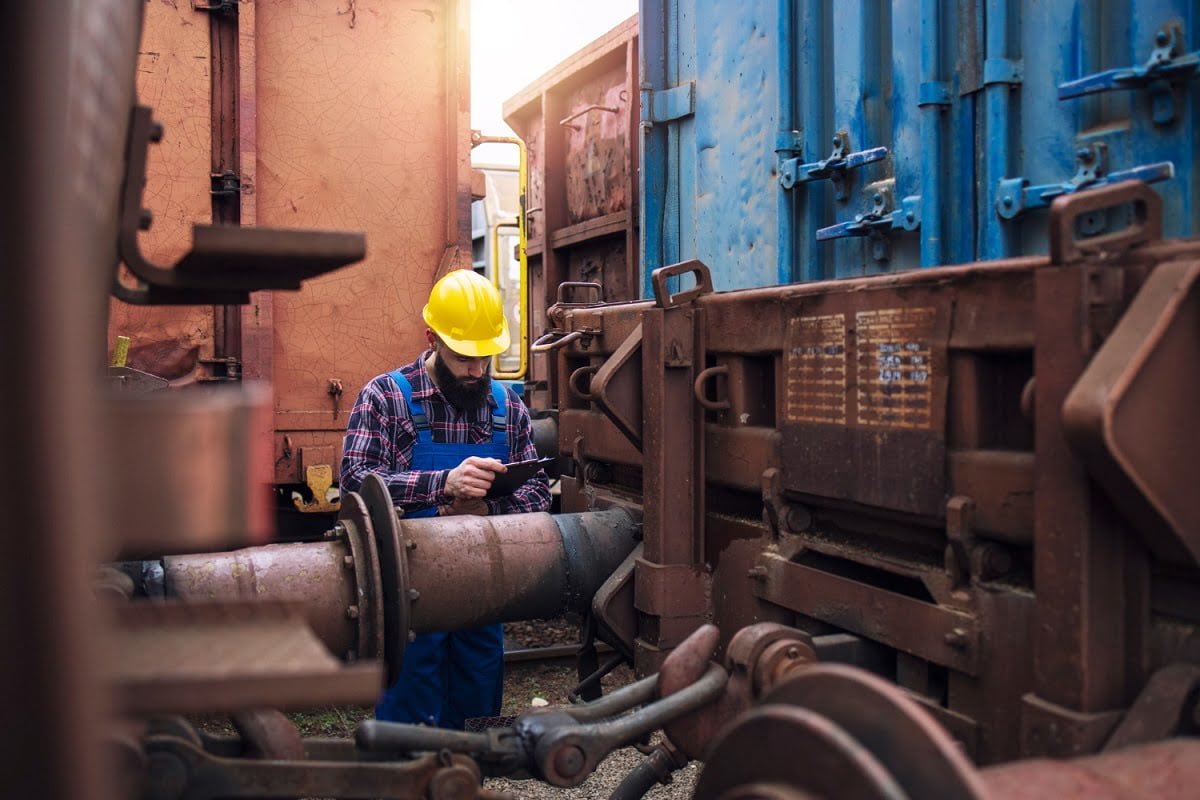Incorporate mechanical dewatering solutions to boost manufacturing output, guaranteeing a quick and efficient separation procedure that boosts overall productivity in different industrial applications.
In wastewater treatment plants, mechanical dewatering reduces sludge volume to make it easier to transport and dispose of.
It can save money for facilities that pay on a weight basis to transport their waste. Traditional methods of reducing the water content of dredged material include drying ponds and land application.
Both require high energy consumption and have associated costs.
Decreased Energy Consumption
Dewatering reduces the volume of wastewater sludge, making it easier to transport or dispose of. It can decrease waste disposal costs for facilities that pay on a weight basis.
It also reduces the need for settling ponds and saves energy from thermal drying processes. Mechanical dewatering equipment separates solids from liquids using mechanical pressure, centrifugation, or filtration.
It is a crucial step in many industrial applications, including wastewater treatment, image processing, and food & beverage manufacturing.
Unlike water pilot plant testing, mechanical dewatering services utilize full-scale equipment and provide accurate design and performance data.
This information includes maximum solids loading, polymer feed rate, press pressure, filtrate volumes and concentrations, and more.
Manufacturers can use this information to determine the best solution for their needs. Their mechanical dewatering equipment may see a quicker payback on investment and reduced life cycle costs.
Decreased Maintenance Costs
With the use of mechanical dewatering equipment such as screw presses, manure separators, and centrifuges, wastewater treatment plants can benefit from decreased maintenance costs.
Mechanical dewatering procedures reduce the volume and weight of the waste by draining excess water from the sludge, making it easier to handle and transport.
It lowers the cost of waste removal and storage as well as the need for pricey services that are based on waste weight.
It also reduces the risk of liquid spilling onto roads, a problem when using trucks to transport waste through residential areas.
The Bucher piston press combines the advantages of conventional mechanical sludge dewatering techniques with the benefits of advanced automation and control systems to reduce operational costs.
This results in high cake dryness and uncrewed operation, contributing to significant savings over the design life of the plant compared to other technologies.
Increased Product Quality
A slurry’s volume is decreased by mechanically removing water using centrifuges and belt filter presses, among other techniques. It makes it easier to transport and store.
It can also significantly reduce waste management costs by reducing the amount of water needed for disposal or treatment.
Dewatering can improve the quality of the wastewater residuals. Removing excess moisture can allow for more stable cake dryness, making it easier to use the resulting material as a soil amendment or for other beneficial reuse applications.
The dewatered materials are also safer to handle, which minimizes the risk of accidents if workers are handling wet material. Additionally, dewatering reduces the amount of water that needs to be stored at the site, which can further lower the operation’s environmental footprint.
It’s essential for large projects, such as golf courses and small community lakes, where a lack of settling space can make it challenging to manage the waste on-site.
Easier to Transport
Dewatering reduces a waste material’s volume, making it easier to transport. It can help save on costly waste removal or treatment services that are charged based on the weight of wet waste materials.
Mechanical dewatering involves using devices like belt presses or centrifuges to separate sludge into liquid and solid parts.
The liquid can be landfilled, sent to a bioreactor for composting or incineration, or used as a nutrient-rich fertilizer. At the same time, the solid part can be buried or sold for use in other applications.
Online websites offer mechanical dewatering equipment, including sludge pumps and geotextile dewatering bags. Depending on your specific needs, they recommend the best option for your industrial application.
Related posts:
- Structured Cabling: What Is It? And The Reasons It Matters
- How to Choose the Right Portable Closed-Circuit Blast Machine
- How Industrial Robotics Is Revolutionizing the Way Businesses Operate

